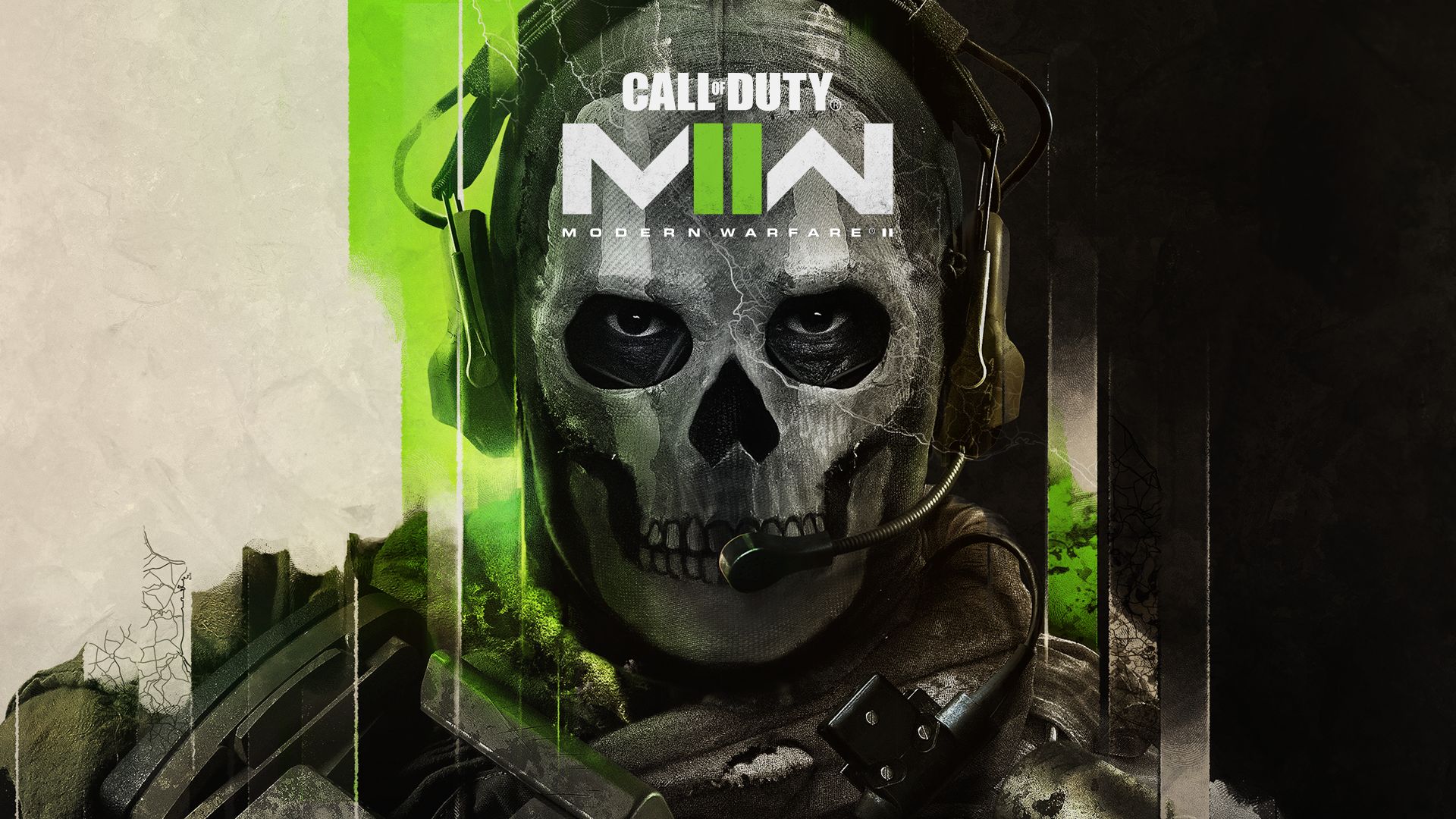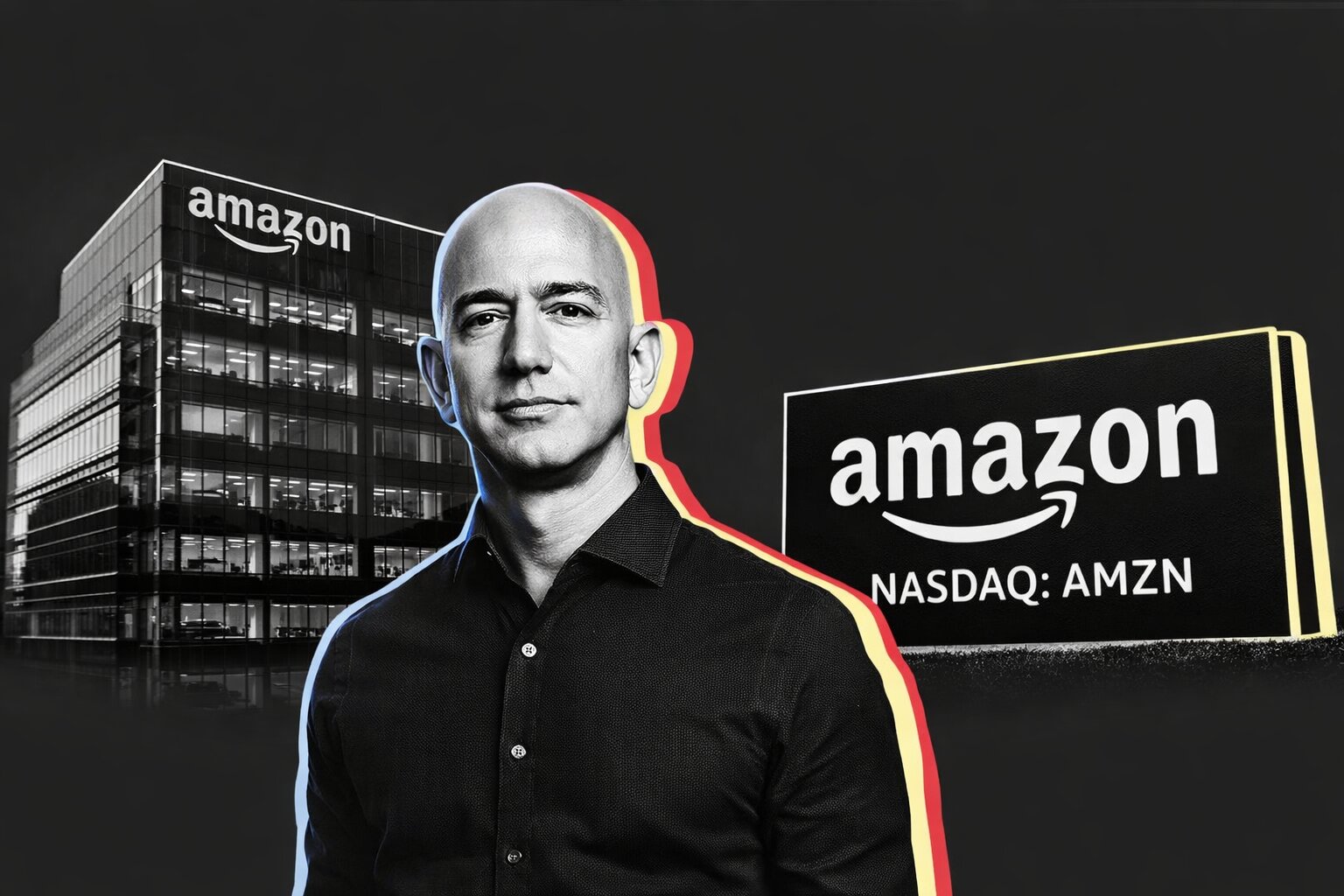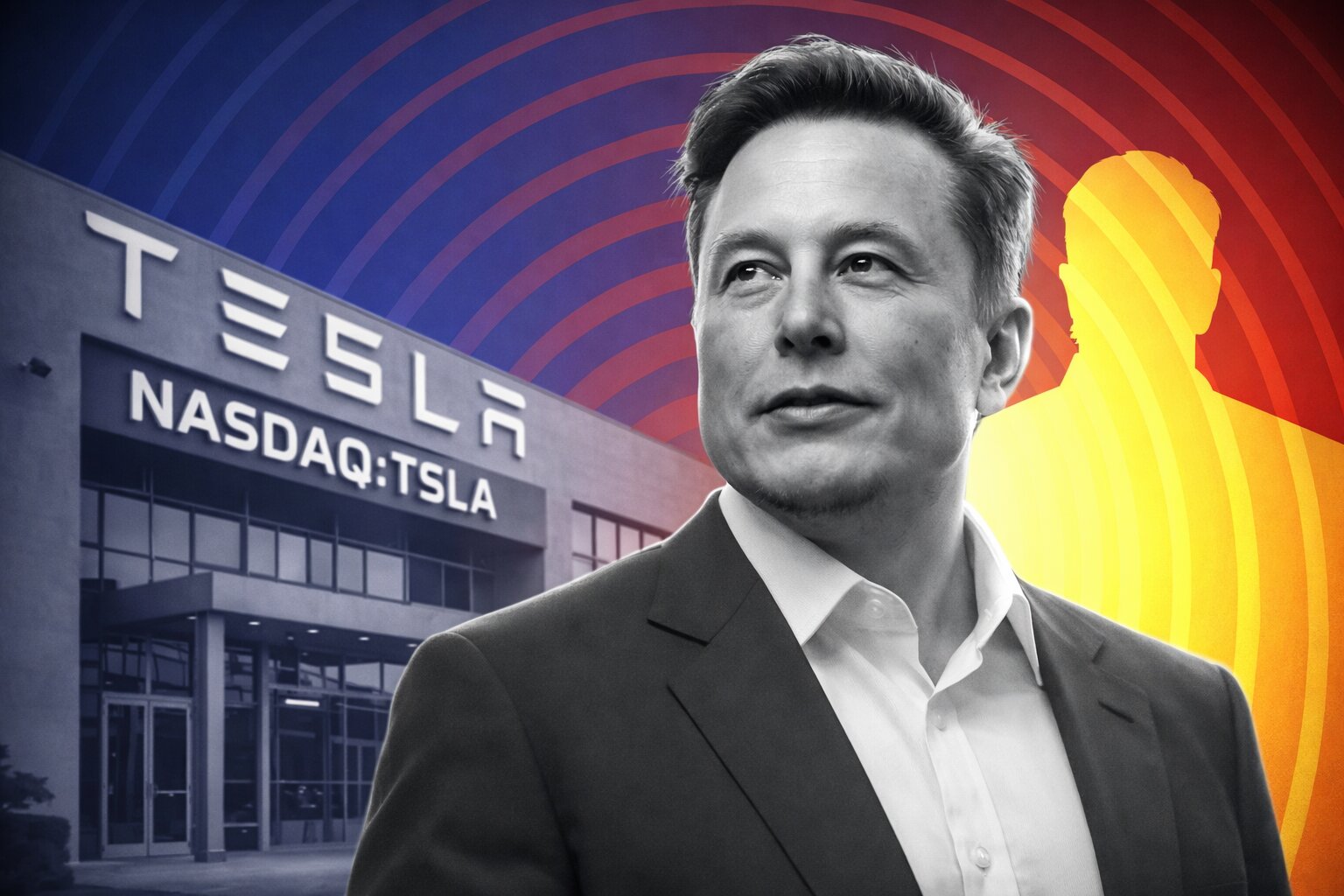
UK regulator blocks Microsoft's Activision Blizzard acquisition, putting Call of Duty on Nintendo platforms at risk
CMA Blocks Microsoft-Activision Deal, Cloud Gaming and Nintendo Commitments in Jeopardy
The UK's Competition and Markets Authority (CMA) has officially blocked Microsoft's planned $68.7 billion acquisition of publisher Activision Blizzard. The regulator cited concerns that the deal would significantly alter the future of the rapidly growing cloud gaming market, potentially leading to reduced innovation and less choice for UK gamers. Microsoft's proposed solution to address the regulator's concerns was deemed insufficient and would require ongoing oversight by the CMA.
The blocking of this acquisition could have implications for Nintendo gamers. In December 2022, Microsoft had announced a 10-year commitment to bring the Call of Duty franchise to Nintendo platforms. However, the language of the commitment was vague, and it appeared that the deal was contingent on Microsoft's acquisition receiving regulatory approval. With the CMA's decision, this arrangement could be jeopardized. Microsoft has confirmed its intention to appeal the decision.
The CMA's concerns are primarily centered around the risk of Microsoft taking a dominant position in the cloud gaming market, which could undermine crucial innovation necessary for the development of new opportunities in the gaming sector. The regulator rejected Microsoft's proposed remedies, including requirements governing which games must be offered by Microsoft to which platforms and under what conditions over a ten-year period.
Microsoft and Activision Blizzard have expressed their disappointment in the decision and plan to appeal. They argue that the CMA's conclusions are a disservice to UK citizens and that the decision reflects a flawed understanding of the market and cloud technology.
The acquisition still needs approval from regulators in the United States and the European Union. The CMA's decision could potentially derail the entire takeover, making it a significant development in the process. The UK body said it was not concerned that the deal would distort competition in the console gaming market but emphasized the need to protect competition in the emerging cloud gaming market.
Martin Coleman, who chaired an independent panel that investigated the proposal for the regulator, said that Microsoft already enjoys a powerful position and head start over other competitors in cloud gaming, and this deal would strengthen that advantage, giving it the ability to undermine new and innovative competitors.
Microsoft is making a play for the future of video games, not just the current console market. Cloud computing and other technologies are creating the opportunity for a kind of Netflix of games, where users can stream titles rather than owning them. Microsoft's Game Pass service, which offers a subscription model with access to numerous titles, is a step towards achieving this vision.
However, while Microsoft has world-leading hardware, it has struggled to compete with rivals like Sony and Nintendo when it comes to the games themselves. Acquiring Activision Blizzard would have allowed Microsoft to bolster its gaming portfolio with hit titles like Call of Duty and Candy Crush.
The CMA's decision underscores the need for a free, competitive market to drive innovation and choice in cloud gaming. As the acquisition awaits decisions from other regulators, the future of the gaming industry and its potential innovations hang in the balance.
Read More
-
GPIQ ETF Price Forecast: Can a 10% Yield at $52 Survive the Next Nasdaq Selloff?
09.02.2026 · TradingNEWS ArchiveStocks
-
XRP ETF Price Forecast: XRPI at $8.32, XRPR at $11.86 as $44.95M Inflows Defy BTC and ETH Outflows
09.02.2026 · TradingNEWS ArchiveCrypto
-
Natural Gas Futures Price Forecast: Will The $3.00 Floor Hold After The $7 Winter Spike?
09.02.2026 · TradingNEWS ArchiveCommodities
-
Stock Market Today: Dow Back Under 50K While S&P 500 and Nasdaq Push Higher as Gold Reclaims $5,000
09.02.2026 · TradingNEWS ArchiveMarkets
-
USD/JPY Price Forecast: Can Bulls Clear 157.5 Without Triggering a 160 Intervention Line?
09.02.2026 · TradingNEWS ArchiveForex


















